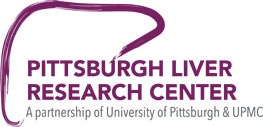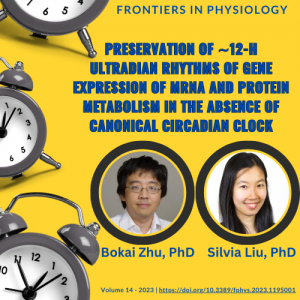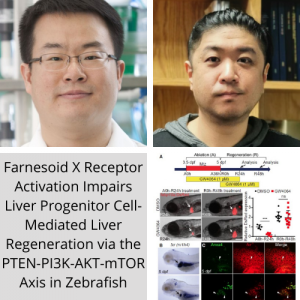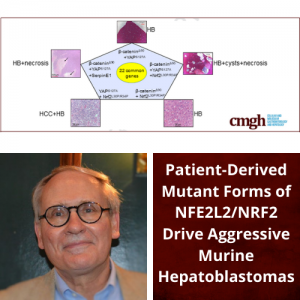
Maria J. Guillen Sacoto, Ariel F. Martinez, Yu Abe, Paul Kruszka, Karin Weiss, Joshua L. Everson, Ramon Bataller, David E. Kleiner, Jerrold M. Ward, Kathleen K. Sulik, Robert J. Lipinski, Benjamin D. Solomon, Maximilian Muenke. “Human Germline Hedgehog Pathway Mutations Predispose to Fatty Liver.” Journal of Hepatology 2017 Jun 20. pii: S0168-8278(17)32078-0. doi: 10.1016/j.jhep.2017.06.008. [Epub ahead of print].
ABSTRACT: Background & Aims–Non-alcoholic fatty liver disease (NAFLD) is the most common form of liver disease. Activation of hedgehog (Hh) signaling has been implicated in the progression of NAFLD and proposed as a therapeutic target; however, the effects of Hh signaling inhibition have not been studied in humans with germline mutations affecting this pathway.
Methods–Patients with holoprosencephaly (HPE), a disorder associated with germline mutations disrupting Sonic hedgehog (SHH) signaling, were clinically evaluated for NAFLD. A combined mouse model of Hh signaling attenuation (Gli2 heterozygous null: Gli2+/-) and diet-induced NAFLD was used to examine aspects of NAFLD and hepatic gene expression profiles, including molecular markers of hepatic fibrosis and inflammation.
Results–Patients with HPE had a higher prevalence of liver steatosis compared to the general population, independent of obesity. Exposure of Gli2+/- mice to fatty liver-inducing diets resulted in increased liver steatosis compared to wild-type mice. Similar to humans, this effect was independent of obesity in the mutant mice and was associated with decreased expression of pro-fibrotic and pro-inflammatory genes, and increased expression of PPARγ, a potent anti-fibrogenic and anti-inflammatory regulator. Interestingly, tumor suppressors p53 and p16INK4 were found to be downregulated in the Gli2+/- mice exposed to high-fat diet.
Conclusions–Our results indicate that germline mutations disrupting Hh signaling promote liver steatosis, independent of obesity, with reduced fibrosis. While Hh signaling inhibition has been associated with a better NAFLD prognosis, further studies are required to evaluate the long-term effects of mutations affecting this pathway.
For full text, please click here.








